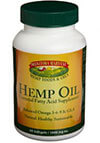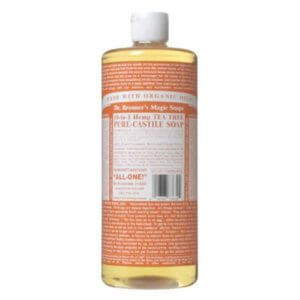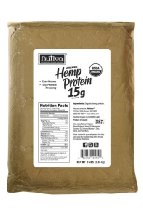The Key Benefits of Hemp
1Hemp is such a versatile plant that it finds use in almost all spheres of life. Among its many benefits, the most important and valuable are to the health, environment and economy.
Health Benefits
Hemp seed is a rich source of protein, second only to soya. The type of protein it contains was formerly called edestine; it matches that in the human blood, thereby assisting digestion. Its intake is recommended to people with digestive problems. The oil extracted from the hemp seed has fatty acids essential to the body to prevent memory-related diseases. The consumption of this oil on a regular basis will ensure a long and healthy life due to the minimal amount of saturated fats; it is ideal for vegetarians. An adult requires only a handful of hemp seeds per day to get the required amount of protein and fatty acids. Since it suppresses appetite, it helps people on a weight loss program. It controls blood sugar levels and thus keeps diabetes under control.
Environmental Benefits
Hemp crop grows in any climate and any soil. Its roots grow deep into the soil, thereby avoiding erosion. For good growth, it needs no pesticides and very little fertilizer. This saves on additional agricultural costs and makes the hemp plant eco-friendly. In addition, its paper manufacture process saves the felling of big trees and does not need harsh chemicals, unlike the tree-based paper. It last longer and can be recycled many times. The fuel produced from hemp is devoid of sulfur and other metals. It is a clean biomass fuel and contributes very little to air pollution, as compared to other resources. The level of carbon dioxide released by burning fuel from hemp is also negligible. Hence, acid rain, the greenhouse effect and other undesirable phenomena can be reduced.
Economical Benefits
The commercial products that can be made from hemp range from soaps, cosmetics and other body care items to construction materials like cement blocks and fiber-boards. Each part of the plant has one or more uses and the products of daily usage include cloth, shoes, diapers, canvas, cellophane and paints. A country that has a mass cultivation of hemp can set up industries to self-sustain its economy and to provide employment opportunities to its inhabitants.

 Dr. Bronner's Magic Soaps Pure-Castile Soap
Dr. Bronner's Magic Soaps Pure-Castile Soap Nutiva Organic Hemp Protein
Nutiva Organic Hemp Protein
does taking the soft gels help with E/D or with diabetes.